Stage Adaptation of Haruki Murakami's 'Sleep' Comes Home to Brooklyn Academy of Music
The founder of an award-winning Brooklyn theater company explains the group’s unusual approach to adapting literary works for the stage.

Jiehae Park, Akiko Aizawa in ‘Sleep.’ Photo by Julieta Cervantes
When Rachel Dickstein moved to Brooklyn in 2003, the theater company she founded, called Ripe Time, operated out of her apartment. It wasn’t an ideal situation. Her dream was to be in South Oxford Space, a home to many local performance companies at 138 South Oxford Street in Fort Greene.
“I just kept calling until they eventually gave me an office,” Dickstein joked in a recent conversation. “We’ve now been here for 14 years. So even though I live in Prospect Heights, I consider Fort Greene my second neighborhood.”
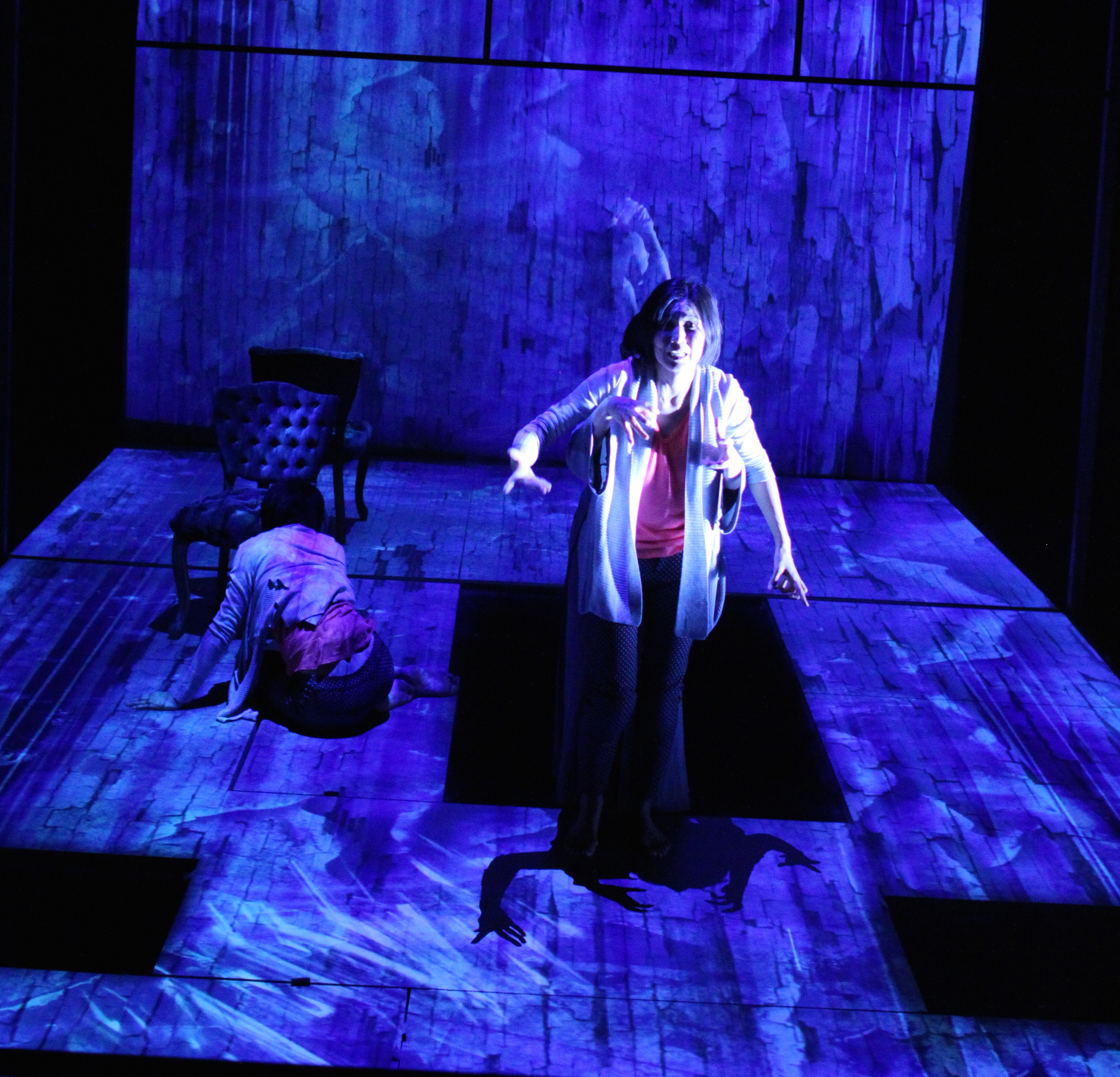
“Sleep,” Ripe Time’s latest multi-disciplinary theater piece, was commissioned and will have its local premiere at the Brooklyn Academy of Music on November 29 as part of the prestigious Next Wave Festival. The show marks the second time the group has performed at BAM, following 2014’s Obie-winning “The World Is Round.”
“When we did our last show at BAM it was thrilling to be right down the street from our home base,” said Dickstein. “I feel like BAM is my hometown theater.”
Based on the short story of the same name by author Haruki Murakami, “Sleep” concerns a housewife who finds herself slipping through the cracks of her pattern-filled life after a terrifying dream. The literary source material is not uncommon for Dickstein, who has staged works adapted from Gertrude Stein and Virginia Woolf in the past.
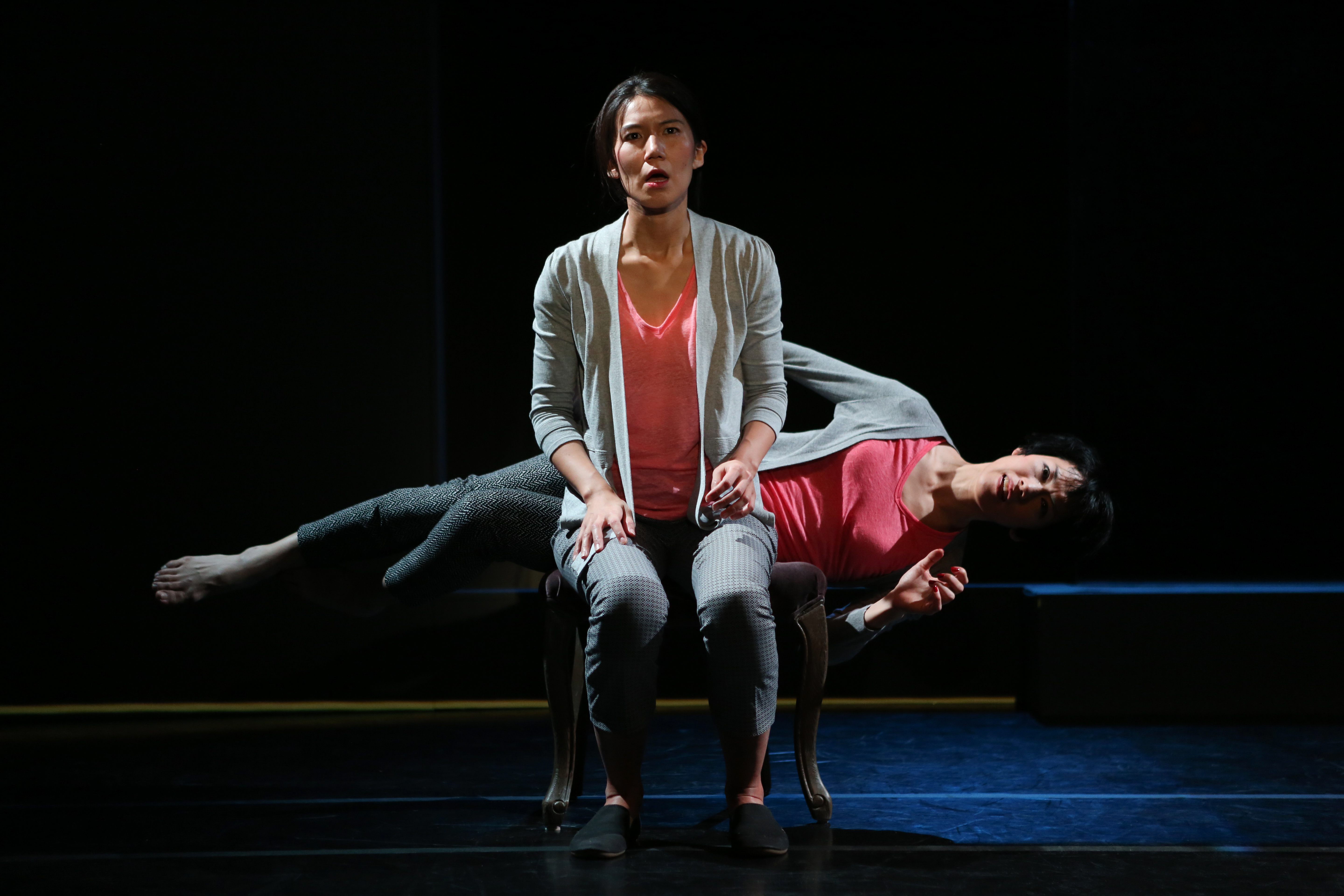
Part of what drew Dickstein to this work of Murakami’s, in particular, was its focus on women navigating change. “That’s an ongoing theme in a lot of the work that I do,” she said. “And in this case, Murakami’s heroine is a housewife who is living a very mundane existence. But she gets to this place where she can somehow experience the world again.”
In adapting the short story for the stage, Dickstein worked with the playwright Naomi Iizuka. The process started as far back as December 2014, before a script had been written.
“It’s a big collaboration, and we respond to each other,” Dickstein said. Iizuka would write based on improvisations the company performed, who in turn would create new ideas, like additional characters that are not in the original story. “[Naomi] would write a scene in the morning and we would work on it in the afternoon,” Dickstein added. “Each of our work informed the other.”
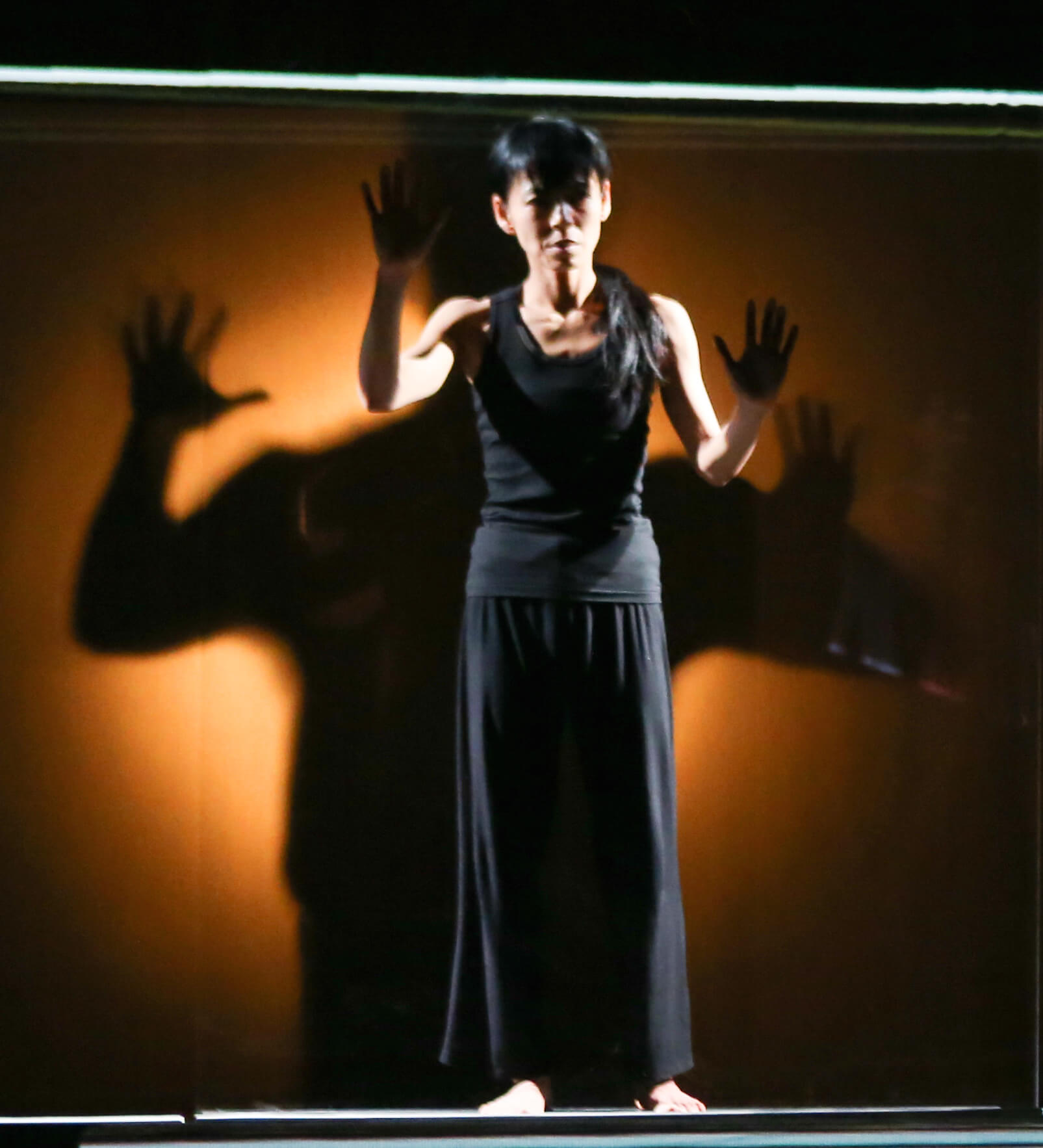
And after a number of years, the entire undertaking — what Dickstein calls a “multi-year investigation of the material” — is finally ready for its home-town debut.
“Of course, BAM is the mothership of experimental theater in America,” she said. “But it’s also in my community. If I lived in a small town, this would be my community theater.”
Related Stories
- Time Travel to Civil War Brooklyn and Beyond via the BAM Online Archive
- TEN Arquitectos’ Faceted High Rise Takes Shape in BAM Cultural District
- Long-Awaited Public Plaza Opens at Flatbush and Lafayette in Fort Greene
Email tips@brownstoner.com with further comments, questions or tips. Follow Brownstoner on Twitter and Instagram, and like us on Facebook.

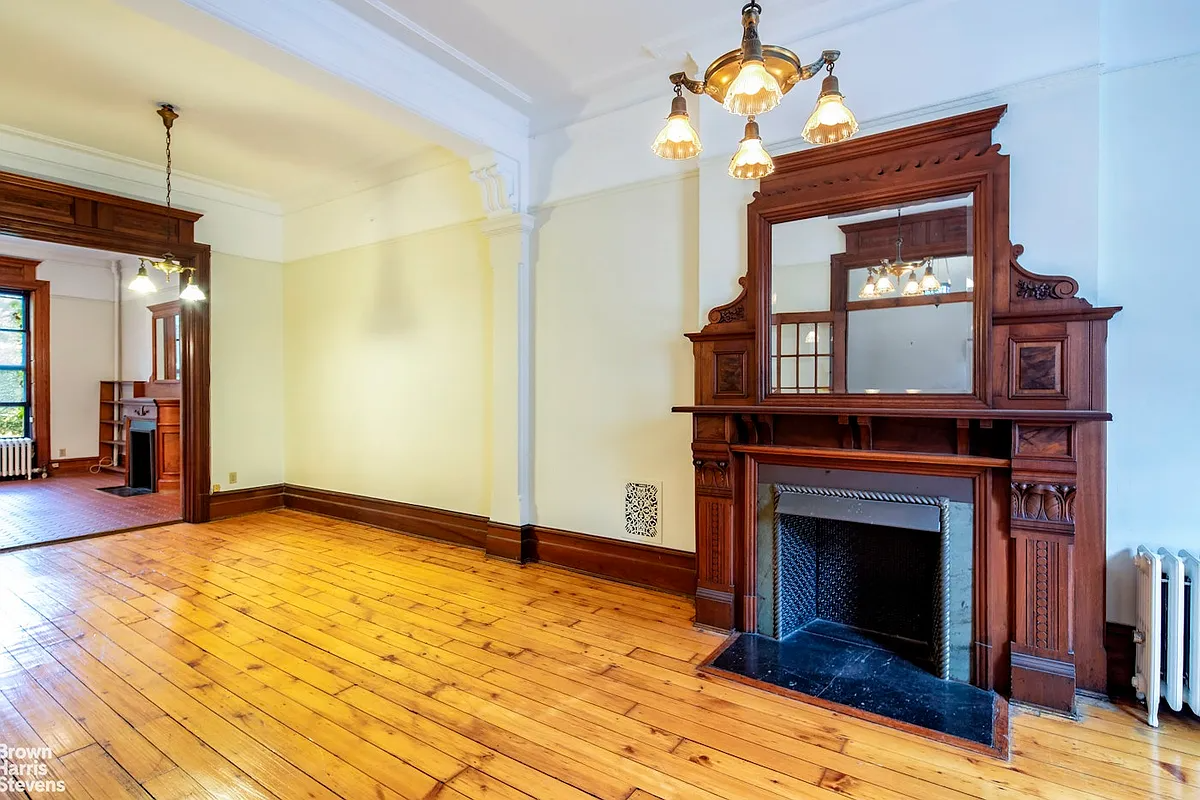


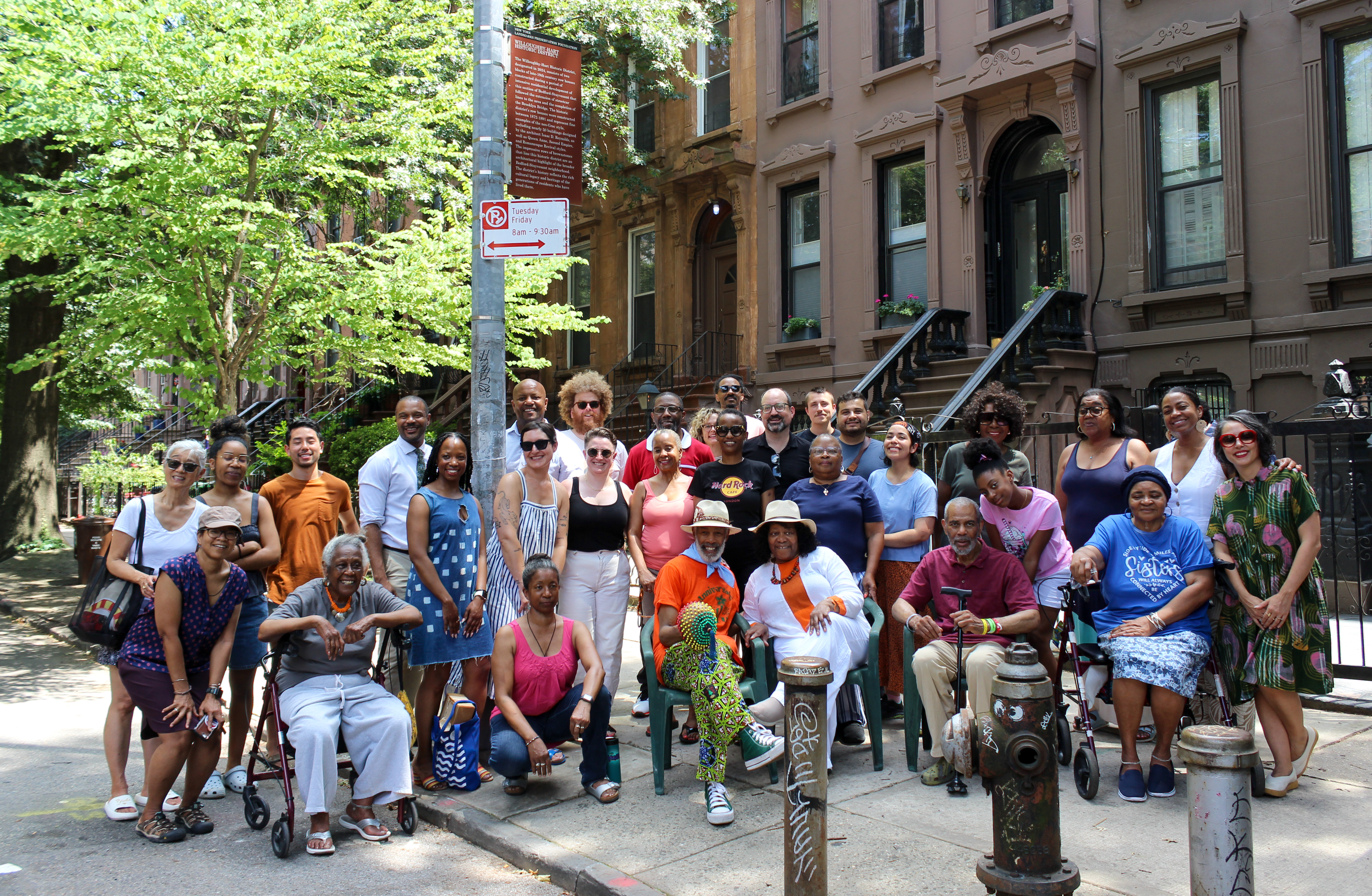
What's Your Take? Leave a Comment